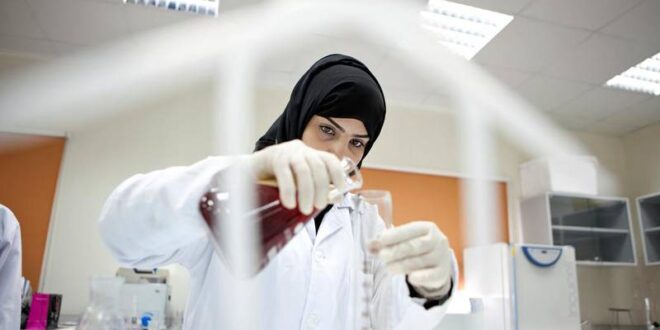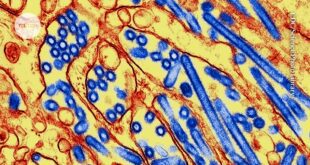The Organisation for Women in Science for the Developing World celebrates 30 years of accomplishments
The Organisation for Women in Science for the Developing World (OWSD) is an international organisation and programme unit of Unesco. This year, it celebrates 30 years of working with talented and determined women from parts of the globe described as Least Developed Countries (LDCs).
Throughout its history, OWSD has seen impressive accomplishments from its female fellows. A handful of its members attended the fifth UN LDC5 Conference in Doha last month. Through moving and powerful stories, three women from the Republic of Congo, Nepal, and Yemen described how they overcame challenges to become founders of national academies of science in their countries, heads of departments, and successful entrepreneurs.
Highlighting the achievements of OWSD members
Maryse Nkoua Ngavouka, aged 36, received grants and fellowships in Italy before returning to Congo Brazzaville. There, she set up a grid system that supplies electricity to a small island that is otherwise cut off from the mainland, where people had to travel in boats to get to the chemist’s for tests during the Covid-19 pandemic. Maryse is now adviser to the Minister of Science and Technology in Brazzaville.
Prativa Pandey, 36, explained how her research in Nepal on transforming citrus waste into health and beauty products has allowed her to set up a thriving business. And Fathiah Zakham, 44, told a moving story of how her country, Yemen, supported her undergraduate and postgraduate studies in Iraq and Morocco.
She was very happy to return to Yemen in 2015 to continue her research on the emerging infectious diseases ravaging her home country. But soon after her return, conflict broke out, and she was forced to leave. Fathiah is now a researcher in Helsinki, Finland, but still hopes one day to return home.
Impressive accomplishments of OWSD fellows
OWSD has awarded more than 150 Early Career fellowships and awards, raising the visibility of female scientists at home and abroad. Over 9,000 female OWSD members are based in more than 100 countries. More than 360 female scientists have graduated with doctorates, and 87 women have been awarded Early Career fellowships to establish research centres of excellence in their home institutes.
OWSD has identified places in the scientific career pipeline where women are likely to get stuck or drop out. The organisation provides the support and flexibility women need to complete their academic pursuits. Since 1997, only 10% of OWSD’s doctoral fellows have dropped out, compared to the worldwide average dropout rate for PhD graduates of 20%. Additionally, the average completion time for science, technology, engineering, mathematics (Stem) PhDs at OWSD is 4.5 years compared to eight years in the US.
The challenges of women in Stem fields
Women are not deterred by the challenges they face in the field of Stem. Many people in many parts of the world believe a woman’s place is in the home and not in the lab. Women are expected to be primary caregivers for children, the elderly, the sick and the mobility-challenged. Women often do not have independent incomes to support their academic pursuits.
Additionally, women may have to take leave from work for health-related and childcare-related issues. However, women in Stem fields are essential. They design research projects aimed at solving problems that they have experienced first-hand and that affect most of their communities.
OWSD provides opportunities for women in developing countries
Least-developed countries often lack the resources women need to complete a doctorate in Stem of quality. Therefore, women often leave their home nations for advanced training, access to equipment, networking at an international level as well as for recognition and visibility. However, at the early career stage, OWSD provides an opportunity for women to “stay home” in their home countries and build research expertise. They can develop teams and resources around them, so that other scientists from the region can visit and benefit.
OWSD fellows are resilient, determined, and embedded in their communities
OWSD fellows have one thing in common, which is their resilience, determination, and embeddedness in their communities. Women’s typical experiences equip them to become professionals who can become leaders in Stem fields and lift their communities.
Tonya Blowers is the OWSD co-ordinator based in Trieste, Italy.
Updated: April 18, 2023, 7:00 AM
 Mind Uncharted Explore. Discover. Learn.
Mind Uncharted Explore. Discover. Learn.

